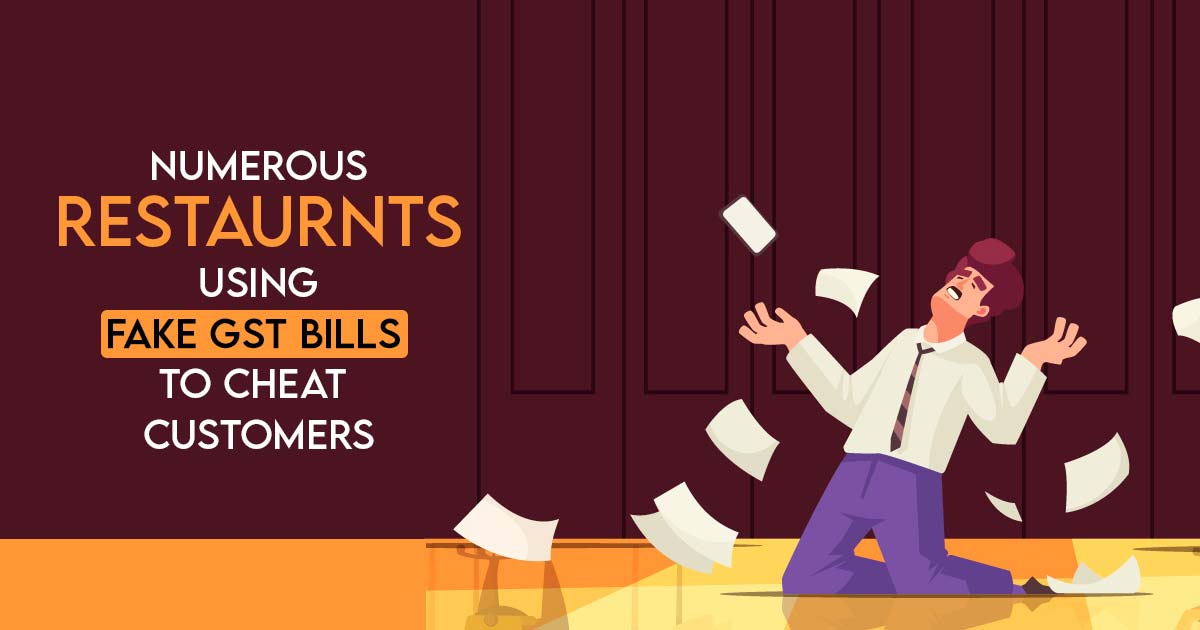
In the state of Thiruvananthapuram, various shops and eateries are fraudulently levying GST. These include business owners who have not registered for GST and those who continue to collect taxes long after their GST registration has been cancelled or has expired. It has been shown that mainly the restaurants tend to commit these offences.
A restaurant in the state capital allegedly tricked a government worker in a recent instance. On July 22, she and her pals ate meals from the eatery. They got a bill for Rs. 751.14 in the mail. The bill displayed the GST amount as Rs 48.86 and had a GST Identification Number (GSTIN). The HSN code for goods, which is required by law, was absent from the bill. I thus verified the GSTIN on the main GST portal. She spoke on the condition of anonymity. I realized that the GSTIN had been cancelled suo motu with effect from June 9, she added.
The business allegedly did not reply to the woman’s WhatsApp request for a refund of the money. She has since filed a complaint with the district consumer redressal commission.
According to a tax department officer, the accusations are frequently against restaurants. According to the officer, the department takes such infractions seriously and is providing an incentive to customers who report such unlawful business practices.
Read Also: Complete Information Related to Bogus Invoicing Under GST
He added that the consumers are enabled to file complaints at their local state GST office or by email. We will conduct an investigation based on the complaint. If the malpractice is proven, the informant will get a percentage of the higher tax amount obtained from the trader as a reward.
From the portal, the customers could check the GST number
According to the officer, the punishment varies depending on the infractions found during the inspection. The merchant will be required to pay the tax amount for the suppressed turnover as well as an equivalent amount as a penalty, he added, if turnover suppression is proved.
By entering the GSTIN found on the bill on the official GST portal, customers may determine if a trader is eligible to collect GST. Non-filing of returns is the most frequent cause of GST registration revocation.
As per the department, compliance would get surged with the support of vigilant consumers. Indeed the level of compliance has been enhanced by the department’s lucky bill app program. Beneath this, an individual is able to upload the bills for the goods and services purchased in Kerala. The individual who uploaded the bills on the app shall be awarded the Prizes.